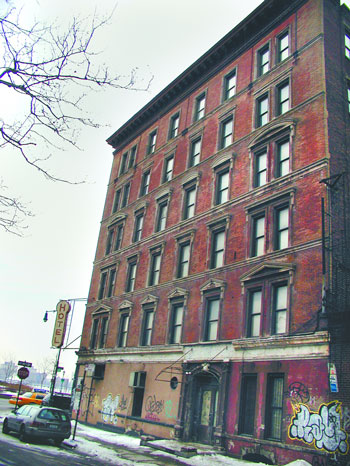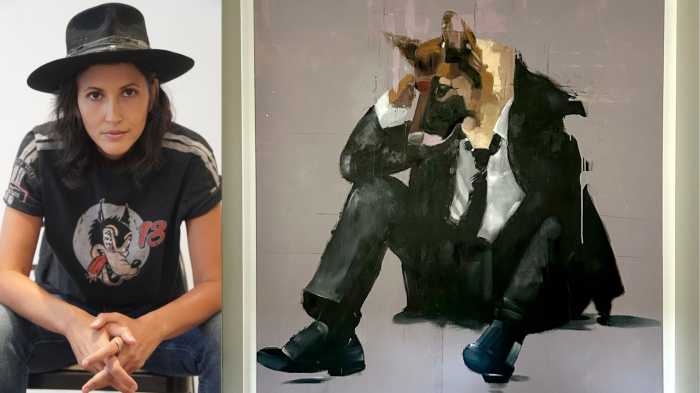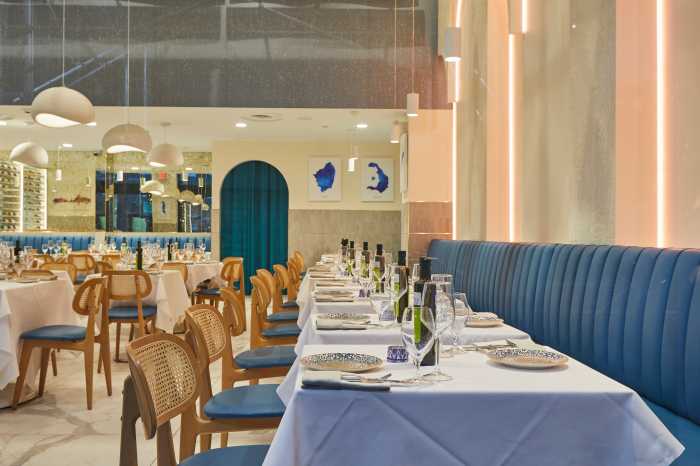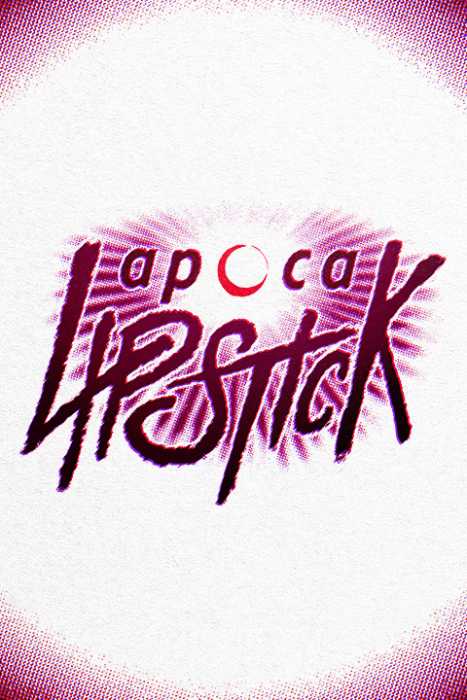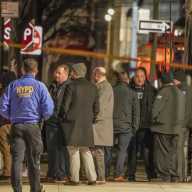By Lincoln Anderson
It’s an old empty hotel and something secret is going on inside.
No, it’s not the Bates Hotel.
It’s the Keller Hotel on the Greenwich Village waterfront. The building has been vacant for the last 10 to 15 years, but construction workers have recently been renovating inside in what to neighbors appears to be a clandestine manner.
“The hotel is being remodeled, being rebuilt — very surreptitiously,” said Peggy Lewis, who lives on Barrow St. in the West Village Houses.
Lewis, director of Biz Kids, Inc., an acting school for youth on Pier 40, said workers have punched a hole through the wall between the hotel and an adjacent empty garage, where they are loading debris into a dumpster, which is carted away full each morning.
“One day they had a cherry picker on a flatbed truck loading sheetrock into the second- and third-floor windows,” Lewis added. “Friday, I saw them lifting what looked like plywood to the second and third floors.”
Lewis said she noticed the hole to the garage one morning when the garage door was left open. She guessed the secretiveness may be because the workers appear to be nonunion. When unions discover nonunion construction sites, they tend to show up with a large inflatable rubber rat and picket loudly.
According to Department of Buildings records, an alteration permit for “interior demoliton of nonbearing partitions and plumbing” was obtained for 150 Barrow St. by the Estate of William Gottlieb on Jan. 27. The contractor was listed as Mollie Bender.
“That would be a gut interior renovation,” explained Ilyse Fink, a D.O.B. spokesperson.
On Feb. 12, a permit was granted by Buildings for “related general construction and plumbing work [to] convert existing building to class A apartments.” “Class A” means a regular apartment with a bathroom and kitchen, as opposed to a single-room-occupancy hotel room. The use is listed as residential and the number of apartments as 20. The site’s zoning is commercial, C6-2, which allows residential use.
The necessary work permits are posted on the hotel’s front door, the windows of which are covered with old newspapers so nothing can be seen inside.
Located at Barrow and West Sts., the stately, yet derelict, six-story building and adjacent, nondescript garage are owned by the Gottlieb real estate company. Before he died in 1999, William Gottlieb assembled an empire of small Village properties, today worth millions, including 75 properties in Greenwich Village and the Meat Market. He left the company to his sister, Mollie Bender, cutting his estranged brother, Arnold, out of his will. Arnold fought unsuccessfully to get part of the holdings, a struggle that saw the two sides come to blows in the company’s Hudson St. office.
William Gottlieb was known to never sell his properties nor invest more than the minimum in them, a tradition his sister has, until now, apparently upheld. So the fact that major work is going on in the Keller Hotel leads some observers to conclude that the property must have been sold.
“Somebody’s doing work in there. And it’s unlikely that Gottlieb would be doing such massive renovations,” said Zack Winestine, co-chairperson of the Greenwich Village Community Task Force. Like Lewis, Winestine said people have noticed the hole punched in the wall between the hotel and garage and the dumpster that is being used.
At Bailey-Holt House, an AIDS residence around the corner at Christopher and West Sts., two staff members recently said they believed the building had been purchased, even though, as one of them noted, everyone knows “Gottlieb never sells.”
“I seen some people come to look at it over a year ago,” said one staff member, asking that his name not be used. He said he thought that the same people who had purchased a small building, 178 Christopher St., next to Bailey-Holt House had also bought the Keller.
However, Millennium Homes, LLC, which purchased 178 Christopher St. from prominent developer Philip Pilevsky, said they have nothing to do with the Keller and don’t know anything about it.
A spokesperson said Bailey-Holt House’s president, Regina R. Quattrochi, had no information about the old hotel.
Several calls to the Gottlieb office asking if the building had been sold were not returned.
However, signs seem to indicate that the Gottlieb company is ready to cash in on what developers are calling the new “Condo Coast,” the rapidly transforming historic Village waterfront, where designer buildings are sprouting up like weeds and whole block fronts are being scooped up by developers — like Related Companies’ recent deal to buy the Superior Ink factory at West and Bethune Sts.
Lewis said she recently walked by another long-vacant Gottlieb property, the Northern Dispensary on Waverly Pl., and noticed people “meeting” inside.
“I said, ‘Maybe the Gottliebs are finally starting to do something with their properties,’ ” she said she thought to herself.
Department of Finance records don’t show the hotel having changed hands. However, on Jan. 28 there was a filing for an easement, which Rob Roman, a Department of Finance spokesperson, said could have been, for example, to allow Con Ed workers to set up a work space inside and have access to the building on a regular basis. Bob Perl, a Village real estate broker, said an easement can also mean creating a connection or passage between two properties or through a property; perhaps the hole through the wall to the garage?
According to “Maritime Mile: The Story of the Greenwich Village Waterfront,” by Stuart Waldman (with photographs by Winestine), the Keller, built in 1898, was one of the West St. seamen’s hotels that thrived in the late 1800s and early 1900s. It was designed by architect Julius Munckwitz.
In its latter days the Keller was a single-room-occupancy hotel and at one point was also a “welfare hotel,” where the city housed the indigent. The Keller Bar, in the hotel’s ground floor on West St., was considered a nuisance by neighbors.
Michael Bordonaro, 21, born and raised in the West Village Houses, a middle-income Mitchell-Lama development across the street from the hotel, recalled, “The bar was pretty sleazy. I don’t know what kind of people stayed upstairs — but there were lots of drugs upstairs.”
Tim Duffy, a Sixth Precinct community affairs officer who used to patrol Christopher St., said, “The issue with the Keller Hotel was the bar. There were crowds that would go in and out. It was over by the West Side Highway, so there were just more people. It was less residential.”
But with former socialist press buildings and ink factories giving way to designer residences the tide has turned and the waterfront is now becoming residential. Not merely residential, but like the new upscale apartments planned for the grungy old Keller — “class A,” as in “Condo Coast,” residential.
Read More: https://www.amny.com/sports/



